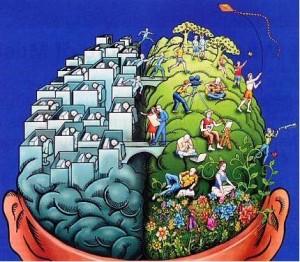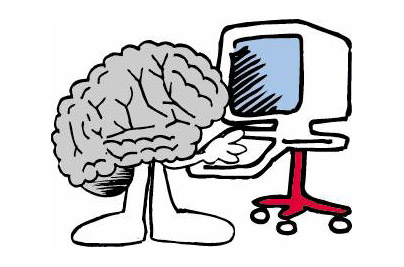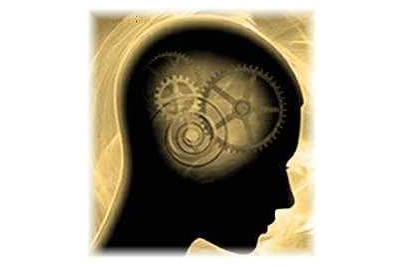Ten myths about the human brain
Science continues to expand our understanding of how the brain works. This mysterious organ that drives the entire machine suffers from being greatly misunderstood. Here are ten common misconceptions about the brain that should set you straight.
1. Humans only use 10% of their brain. Perhaps one of the greatest misconceptions of our time, this myth is empirically false. Originating from the idea that perhaps only about 10% of the neurons of the brain are operating at any given moment, but this concept is decidedly different than not using the other 90%. The truth is closer to the idea that we only push ourselves to about 10% of our entire capacity.
2. Video games will damage the brain. In this day and age of video gaming, this myth is also fairly inaccurate. Even though the advent of video gaming is a recent phenomenon and there is not a great deal of study about it, researchers have found the playing video games actually teaches your brain to process information in great amounts and much faster, thus improving brain power.
3. The bigger the better. There has never been any substantial evidence that the size on one’s brain makes you smarter. Men’s brains are by a rule larger than women’s, thereby debunking this myth immediately. If the brain is not used, it won’t matter what the size.
4. A damaged brain cannot regenerate. Science now has empirical evidence that the brain can engage in neurogenesis, a form of cellular rebuilding, although it’s not guaranteed.
5. Aging leads to a loss of memory. While it is a common condition, it is not a given that age will weaken the ability to remember. An active brain can be exercised with regular thinking and a healthy diet.
6. The brain is riddled with holes. A completely false mythology, referring perhaps instead to the parts of the brain where neurons are not firing.
7. Depression begins in the brain. This is not only a myth but a dangerous one as well. People who believe that depression is just a series of “bad thoughts” can do real harm. Depression is a much more complicated condition caused by any number of reasons. No one decides to be depressed.
8. Left Brain, Right Brain. The truth is, no one operates from solely the left or right brain. Some people may be stronger on one side or the other, but all humans use both sides of the brain.
9. The brain is a giant computer. Just the opposite, the brain is so much more complicated than any computer, that it’s an insult to one’s brain to make this comparison. It was probably started because the first computers were roughly based on what was known about the brain at the time.
10. We learn better through a subliminal approach. While listening to information while in a relaxed or even sleep state works well for some, it is just as likely that it won’t work for others. We all learn in our own best way.





























